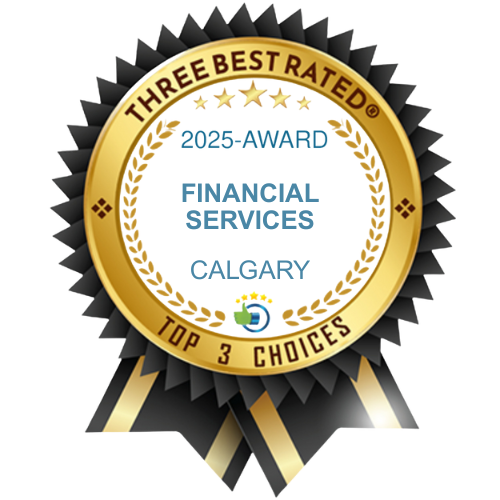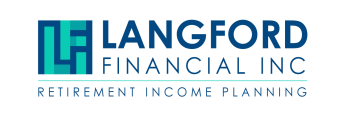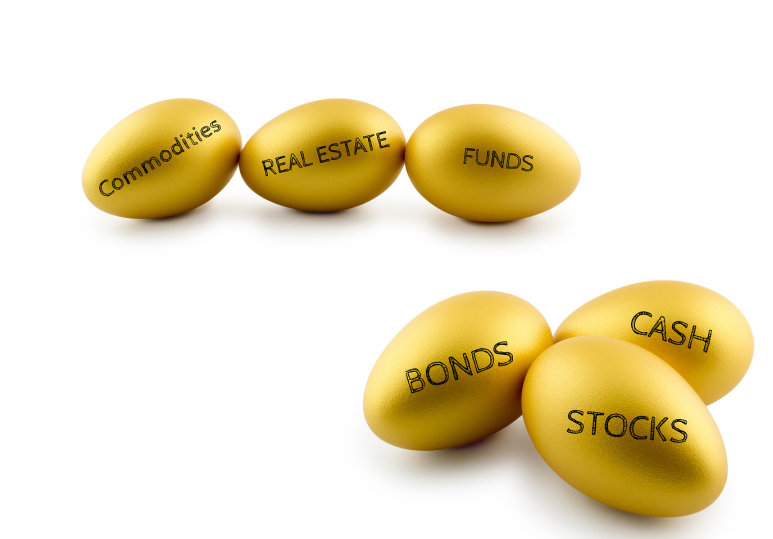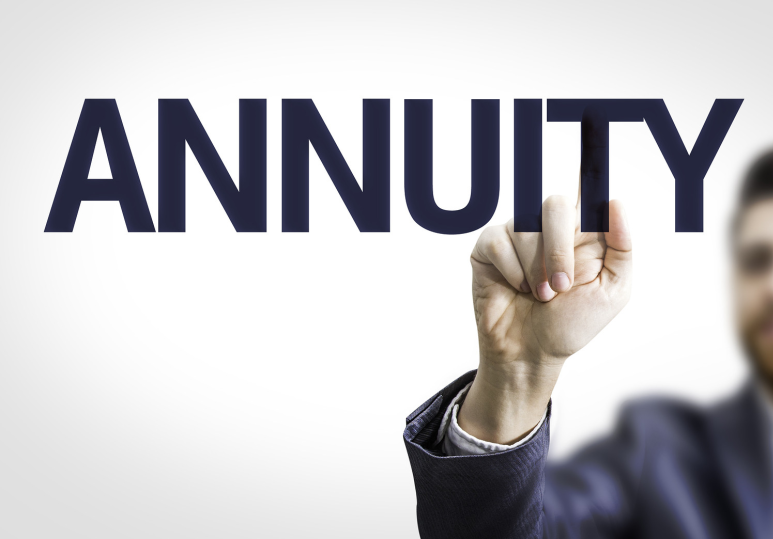The reality is most people will spend more time planning a 2-week vacation than they will be planning out the rest of their lives. According to a 2012 LIMRA study, nearly half of retirees said they did not get to choose when they retired rather they were forced into retirement either because they found themselves being downsized, had to quit work due to illness or to care for aging parents.
When you are forced into retirement it results in a negative impact in several ways:
- You are not prepared financially
- You are not prepared emotionally
- You are not prepared psychologically
You may not have control over any of the above events, but allow us to offer 6 steps you can start on now to prepare yourself to retire within the next few years.
1. Create a plan:
When who you are is defined by what you do, who will you be when you no longer do it? All of those old guys sitting around the table at McDonald's this morning are defined by one characteristic - retired seniors. What they used to do doesn't matter because it is no longer their identity. Who are you? Who do you want to be? Grandfather, Grandmother, husband, writer, volunteer, Walmart Greeter, marathon runner, mentor, leader. Over the next few years as you get ready to transition into retirement discover new interests, hobbies, and passions. Don't waste the first years of your retirement lamenting your lost identity and/or providing free daycare to your grandkids. Retirement is the opportunity of a lifetime to re-define who you are and take on a new purpose.
You need a purpose to wake up to in the morning and enough money to sleep well at night.
2. Determine where your income will come from:
Before retirement you may only have to deal with 2 sources of income, work salaries for you and your spouse. As you transition into retirement you will have to coordinate many sources of income and decide when is the best time to take CPP, OAS, work pensions, LIRA's, RRSPs, TFSA, rental income, business income. Remember, retirement can last upwards of 30 years or more. Your cash flow needs will change through the stages of retirement. Unfortunately too many retirees come to us after the damage has been done. We can't undo past financial sins but we can help you map out the best course of action going forward. The most common mistakes retirees make is in the area of tax planning. They send way more to CRA than necessary, because of improper timing for disbursement of income and assets.
3. Plan to pay less Tax:
The biggest payday for the government is the day you die. They no longer have to send you any more paycheques and you have to pay them a potentially large sum of money as everything you own, except your home and your TFSA, is considered a deemed disposition, or sold, and will be taxable. If you die with a large balance in your RRSP it will be fully taxable in the year of your death. You may think that all that money is going to go to your kids - not so. There's the spousal rollover provision, meaning it can go to your spouse tax-free if kept registered, but upon the death of the last survivor, there can be a huge tax liability.
If you make more than the $81,761 annual income threshold in 2022, you will see your OAS begin to decrease. You will see other government benefits decrease as well. Consider Bill who had $700,000 in his RRSP and waited until 72 to convert it to a RRIF and start taking withdrawals. He had to take $37,800 annually from his RRIF. He had a work pension of $30,000 and other investment income of $12,000 a year. When you add in his OAS of $7000 and CPP of $13,000, his total income for the year will be $99,800. Because he is over the OAS clawback threshold, he will now lose more than half of his OAS ($3751), and other provincial health benefits. He is also pushing into a new marginal tax bracket of 36%, which means he is also paying more in taxes. This could have easily been avoided with our RRSP meltdown strategy before age 72. There are 4 distinct strategies for managing taxes before and during retirement that we help our clients with. Deduct, divide, defer, and discount.
4. Protect your Assets:
If you are in your late 50's or early 60's you most likely have more assets, resources, and income than at any other time in your life and you have to have to take this seriously. What would happen to your estate if you died prematurely? To die without a proper will can have serious negative consequences for your surviving family.
- family harmony can be destroyed as members fight over your assets and try to determine your wishes
- unnecessary legal fees
- unnecessary taxes being paid
- frozen accounts resulting in your loved ones not being able to pay bills
- lengthy delays from legal proceedings
- all your affairs are a public record
If you have not updated your will and estate plan for many years or you have never done so, this is the time to get these matters organized. We have several competent Lawyers that we work with that can help you with this.
5. RISK Assessment:
If you are like most Canadians you have more insurance policies than you even know about. The bad part about that is you are probably paying for insurance you do not need. Do you even need insurance in retirement? Yes. You need the right type and the right amount. You need to gather up all of your policies and bring them to us to help you sort out what you need to keep and what you need to throw out. If you have term life insurance, there are usually conversion options to take advantage of and turn it into some permanent coverage but this can only be done before expiry. Term insurance is eventually going to expire, and most likely, before you do, so that's why it's important to have appropriate insurance in retirement. This ensures you cover final expenses and pay for taxes and other expenses at the time of death. You can avoid being a burden to someone else with proper life insurance. You pay for insurance with your age and with your health so the longer you procrastinate the more you will pay for it.
There are other risks like traveling abroad, long-term care, disability or a serious illness. You need to understand your risks and plan accordingly.
6. Portfolio management:
We put this one last because most people have a tendency to put it first. Most retirees obsess over their portfolio more than anything else. They look at the balance daily and spend most of their retirement worried about its performance. If the markets are up you are on Expedia planning a winter cruise. If the markets are down you are digging through the flyers looking for the best deal on Kraft Dinner. We help our clients understand that there are 3 key ingredients to a proper retirement portfolio.
- it needs to produce income that is predictable, sustainable & tax-efficient
- it needs to ensure it will last your entire life
- it needs to have a proper asset allocation and cannot be 100% exposed to the stock markets
What Now?
We help our clients create sustainable, predictable cash flow from their portfolio in the most tax-efficient manner to ensure they never have to worry about running out of money.
Want to retire in the next few years? Click here to Book a Meeting,
Book an appointment in our schedule below.
Retirement Income & Investment Planners,
Willis & Nancy
587-755-0159







